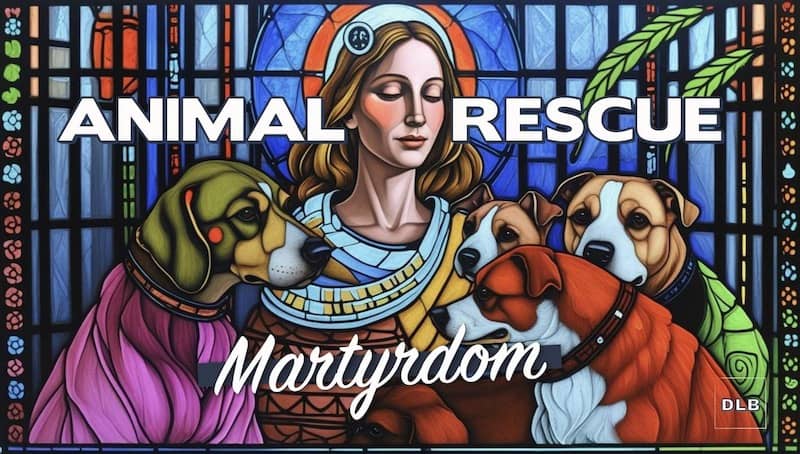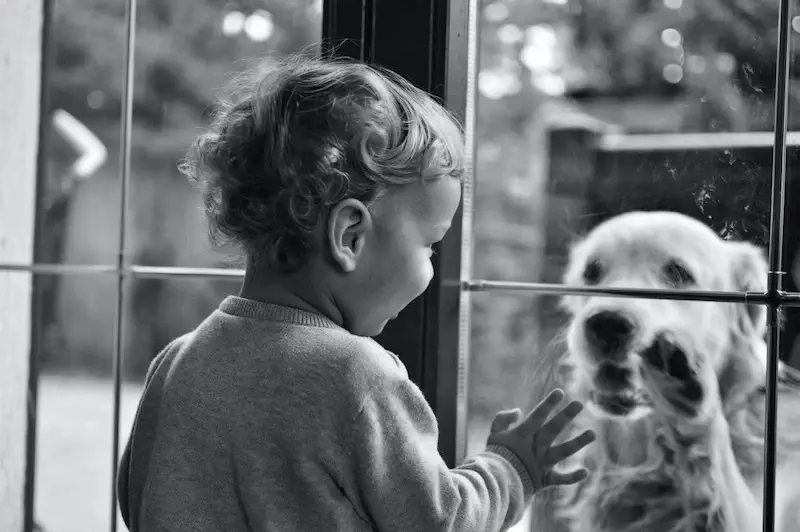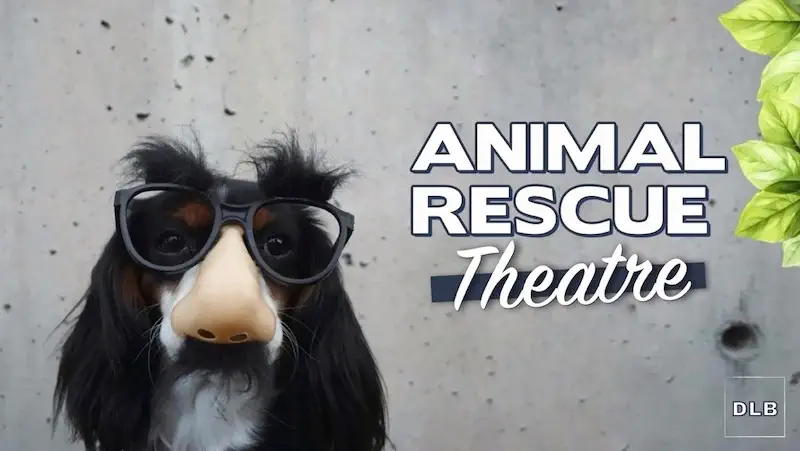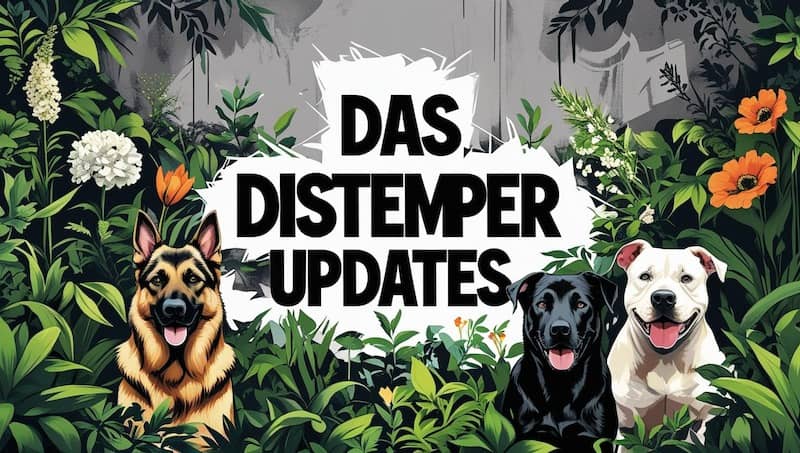9 Ways Animal Rescue Martyrdom Fails The Animals

Martyrdom is "suffering endured for sake of a cause."
Martyrdom in Animal Rescue has been a present philosophy for a long time - partly out of necessity in order to grab attention.
In the age of social media and lightning-fast communication, the explosion of and overarching embracement and celebration of Martyrdom in Animal Rescue and Welfare hurts the cause and fails the animals.
Martyrdom presents itself in several ways important to consider - if we want to see change in the Animal Rescue space.
- Animal Rescue and Welfare as a "cause" vs a valid community, city, state, and federal responsibility
- Allowance for and encouragement of extremism
- Unpaid Labor pride and lauding
- Insolvent business operations
- Savior Complex Media Onslaught specifically designed to take advantage of well-meaning humans who want to help. Savvy Tragedy Narrative / Savior Complex marketing is most of what you see from fundraising rescues and organizations. This distracts - it pulls audience from the daily grind work of helping healthy, adoptable dogs and cats find a new home as well as working on the core problems to combat the overpopulation crisis. To be competitive, essentially everyone must publish this type of content, currently, to compete for eyeballs. Sadvertising is the norm but MOST animals in shelters and rescues are healthy and adoptable - just in between homes.
9 Ways Animal Rescue Martyrdom Hurts The Cause
1. TALENT POOL LIMITATION
Beyond the small fraction of solvent animal rescue organizations which pay employees a fair, living wage - much of the important work is volunteer. This limits the animal rescue workforce to specific socioeconomic statuses creating a lack of diversity to work on the core issues in a meaningful way. In terms of "working for free" - this portion of the labor pool is primarily privileged white women (hello Real Housewives of Animal Rescue).
2. UNQUALIFIED BUSINESS LEADERSHIP
A non-profit for which live animals are handled, especially those where medical or behavioral expertise and experience is needed, should require licensing and proof of ability and capability to care for the animals. This is not the case. People with no business experience or advanced animal responsibility training are free to open a non-profit rescue from their home. There is no regulation in the animal non-profit space and ample corruption. It is simple to take advantage of well-meaning supporters with embellished or invented narrative, for example. See: Animal Rescue Theater for information and case studies.
3. UNRELIABLE STABILITY
With most animal rescue-centered businesses relying on donations and volunteer labor, and this being the common expectation, longterm commitment and stability is always in jeopardy. This is especially concerning when a roster of animals is dependent upon that business. Imagine if there was city, state, and federal funding to support the work that needs to be done. This will never happen as long as Animal Rescue is considered a "cause" vs a valid community issue.
4. DESPERATE FUNDRAISING AS THE NORM
Martyrdom and Tragedy Narrative content must be leaned into harder, with more extreme-need cases showcased, in an effort to boost attention and donations. This can become an endless cycle and the animals are the losers. This type of communication is fatiguing to most mentally-stable humans - they cannot continue to consume it. Therefore, it turns people away from supporting in all the needed ways or even seeing rescue animals needing homes. Sadvertising is the norm and because social media means volumes more of this content than ever before - there is an extreme overload of it. See: Animal Rescue Theater.
5. "MARKETING OF MARTYRDOM" DOLLARS
From the micros to the established, large organizations - a large portion of budget and time is spent on marketing which showcases Tragedy Narrative and do-gooder "proof" vs that budget going towards the work. This marketing proof is more effective if it is, for example, an extreme case of neglect or medical need VS accomplishment of high volume spay and neuter or healthy, adoptable dog placements. It's a vicious cycle challenging to get out of and would need a two-fold solution. (1) PUBLIC Educated consumers of rescue animal messaging and supporters of animal rescue work would need to self-adjust what they respond to with their attention and monetary support (2) LEADING ORGANIZATIONS in the space (those with significant capital in the form of money and influence) would need to change the tide here to reform communications from mostly Tragedy Narrative into one of Prevention, Education, and Adoption Placement as the main, overall messaging. This is more complex media and marketing work than the much easier road of Tragedy Narrative Sadvertising so the PUBLIC are the ones who will likely need to lead the shift - the marketing will adjust based on demand and what gets the best response (mostly in the form of dollars).
6. BURNOUT
Martyrdom encourages the workforce to push themselves to the edge of their available time, heart, and physical efforts until burnout and sometimes even suicide happens. It is important to recognize the signs of compassion fatigue and address issues before they lead to anger, overwhelming sadness, erratic behavior, or worse.
7. ONLINE HARASSMENT
With animal rescue considered to be a "cause" versus a "real business" for which experienced, knowledgeable, and trained people should be leading efforts with fair compensation - there is much judgement, hate, and jealousy. This generates competition for who is doing things "right" or "wrong," "the most" with "the least" and manifests as trolling, bullying, campaigns of attack, and blacklisting of people who are doing incredibly impactful work. Cyberbullying killed extraordinary wildlife rescuer Mikayla Raines of Save a Fox Rescue who took her own life in the summer of 2025.
8. TALENT EXIT
The work is brutal and there are no breaks in the volume of need. Jumping from municipal shelter work into a cushier, non-profit scenario or any staff or animal rescue-supporting entity workers moving to another industry altogether is almost always going to mean a higher salary with much less stress. The same holds true for volunteers. When Animal Rescue Martyrdom is wanted and expected from peers and the public, talent exit is inevitable.
9. ANIMALS VULNERABLE TO EMOTIONAL MANEUVERS
This is the most important point and the (very unfortunate) bottom line. People can get obsessed and addicted to Martyrdom which can create scenarios where it is more about showcasing and celebrating "heroic," heart-tugging stories VS quality and quantity help for the animals. Especially when there is considerable monetary support in play based on the Tragedy Narrative media showcasing by any given business.
The mindset of what it means to work in the Animal Rescue and Welfare space needs to change.
Should you stop volunteering? Of course not.
Should that volunteering take over your life, mire you in the deep end of compassion fatigue, and bankrupt you financially and emotionally? Certainly not.
Martyrdom severely limits the talent pool, longevity of focused effort, and consistency of follow through across the entire animal rescue landscape.
If we had a consistent, stable, focused, aligned, capable workforce without such high turnover and exit - maybe we would not be in the ongoing, pervasive dog overpopulation crisis which costs hundreds of thousands of healthy, adoptable dogs their lives every single year.
Do we want to fix the problem?
Or just keep perpetuating the same?
Nothing changes if nothing changes.
It's time for change.
ONE EASY ADJUSTMENT TO HELP DIRECT THE WINDS OF CHANGE
Adjust language. Constant verbiage such as "save" and "hero," in Animal Rescue marketing readily triggers and encourages martyrdom philosophy. Language is an easy place to implement a shift. Words matter. Instead of "Daisy needs a hero" - consider communicating she needs a human, a home, a happy tale (tail). Instead of "Who will save Rupert?" - consider Who is Rupert's match? Who needs some Rupert in their life? Is Rupert your missing piece? Etc.
FURTHER READING
What small steps can rescues, volunteers, and supporters do?
5 Easy Ways To Improve Animal Rescue Right Away
Why are things the way they are?
"The Business of a Never-Ending Crisis: Why the Pet Overpopulation Crisis Has Become Too Profitable to Solve" (Animal Politics with Ed Boks, August 19 2025)
There are billions of dollars a year in Animal Rescue. Why is nothing changing?
Animal Rescue SOS : A Billion Dollars... But Nothing Changes


Do I have to meet a saint, to get a home?











